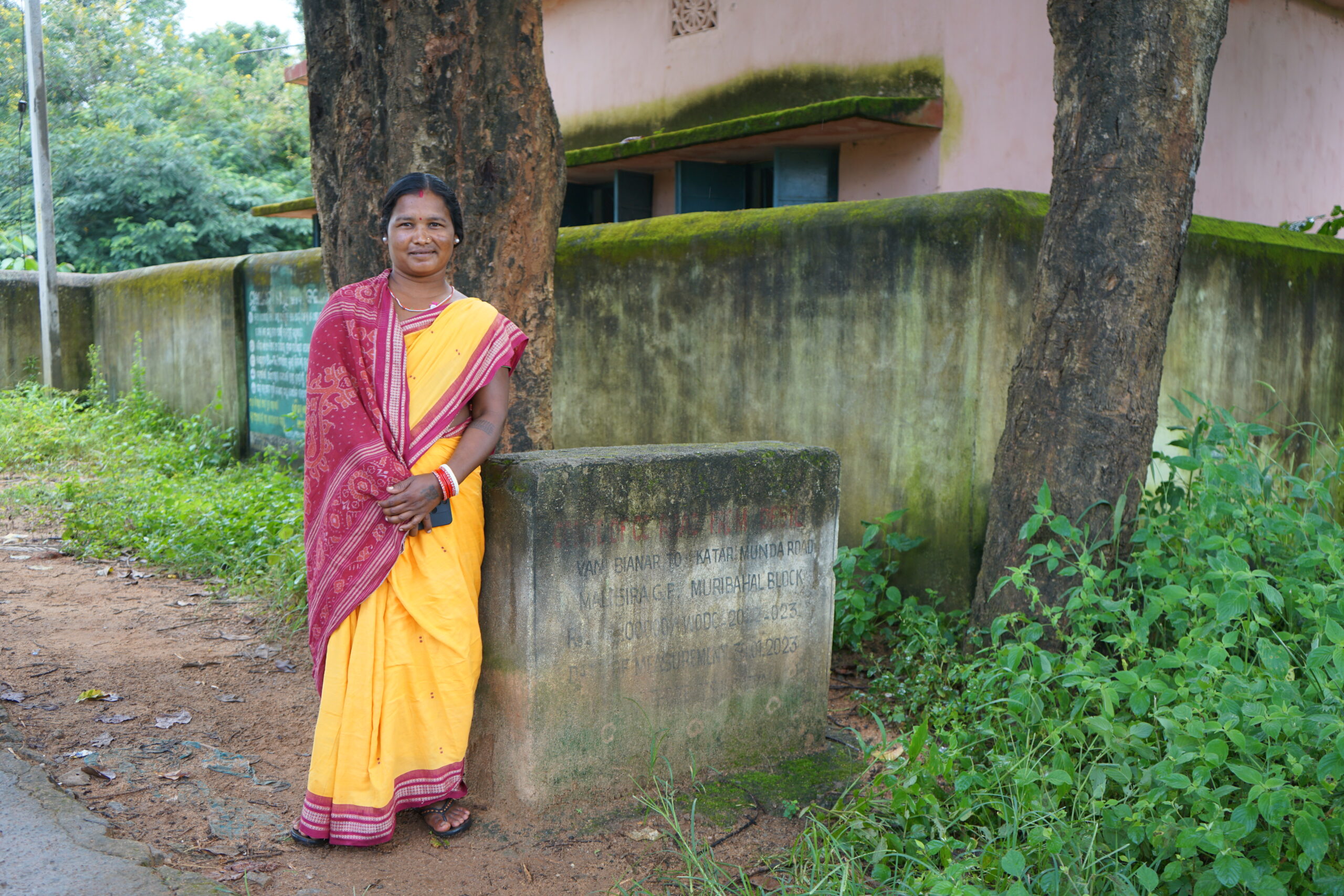As we ride the twists and turns of the American presidential election roller coaster, the world is taking stock of what does and does not constitute leadership. Are leaders born or made, or is leadership something that can be learned? While it comes more naturally for some, I believe leadership is both a verb and a set of skills that most people can exercise and learn. The world needs leaders more than ever; luckily, there are people with the potential to lead all around us.
You may be surprised that many of the skills we teach public leaders are similar to the ones we use to support Indigenous and marginalized women around the world in forging resilient pathways out of extreme poverty. Driving change through power and influence requires many of the same fundamental skills, common characteristics, and practices, regardless of a person’s gender, educational background, country of origin, or socio-economic status. They include self-awareness and clarity of purpose; the ability to achieve results by using data to make informed decisions; negotiation and the capability to work as a part of a team; and the support of a peer group.
I was struck by these parallels during my transition from CEO of a non-profit that partners with the most marginalized women living in extreme poverty to build sustainable and empowering livelihoods to program chair for a senior executive leadership development program targeted toward government agencies.
First, all good leaders must have a strong sense of purpose. When I ask women who live on less than $2 per day why they are working so hard, their motivation is simple and powerful. These women want disposable income so they can improve their circumstances and their children’s futures. It is never about them. And, though it may seem trite, the driving force for those of us working for non-profits or government agencies is a belief in our public mission and a desire to wield our leadership to positively influence the world.
Regardless of whether someone leads their Indigenous weaving collective in Guatemala or holds a senior-level leadership position in the Environmental Protection Agency (EPA), leadership requires the ability to access a toolbox of skills that include negotiation and persuasion, an understanding of key constituents or customers, and the ability to prioritize and analyze data. Leaders must look for the information necessary to make smart decisions and evaluate the tradeoffs between what is important and what is urgent.
Of course, the components of these building blocks can differ. An EPA official may need to analyze complex scientific data in the face of a climate disaster, while women running agricultural microenterprises might review data such as market size and price information while also managing family responsibilities. Whether building a profitable microenterprise or a government organization, leaders require a plan, clear goals, and the ability to pivot and build resilience in the face of adversity.
In village loan and savings groups, women meet monthly and benefit from the psychosocial support of being among peers as they navigate building a sustainable livelihood and a solid pathway out of poverty to achieve agency, sociopolitical empowerment, and financial resilience. Economic success creates shifts in social standing that build social capital and political influence at the community level. From these groups, leaders emerge and go on to become local elected representatives, advocating and implementing critical changes in their communities.
Executive leaders, especially in the public sector, can also benefit from peer groups to exchange ideas, share knowledge, and advance shared goals. The committed civil servants I meet also have a clear mission, but their roles and organizational environments are often isolating and complex to navigate. When these leaders attend educational programs or trainings, they build strong bonds within their groups and with fellow participants, leading to powerful and long-lasting support networks.
They say it is lonely at the top. That is because one of the greatest challenges for leaders is finding a network of peers and asking for support. While the epidemic of loneliness has been well documented and described in high-income countries, it is also emerging as an important issue in low-resource economies. Support, whether it is found among peers in an executive education program or a rural savings group, helps leaders break though the sense of isolation and creates social capital that strengthens resilience during times of crisis, and buttresses their ability to exercise leadership.
In refugee camps, tribal villages and remote communities, the support of peers creates an environment that reinforces community solidarity and fosters individual and collective leadership. Leaders who emerge from these settings do so because they start to believe in themselves and their potential, and become motivated to drive change for themselves, their families and their communities.
Aspiring executive leaders and the women around the world struggling to emerge from extreme poverty both face a litany of complex problems but are united in their quest to drive change. If the world is to tackle issues like poverty, climate change, food insecurity and gender inequality, it is more critical than ever to cultivate leaders at all levels. With a strong sense of purpose, skills, knowledge and support, a new generation of leaders is rising — many from the most unlikely places — and transforming how we deliver on our collective vision for a more equitable and sustainable world.



